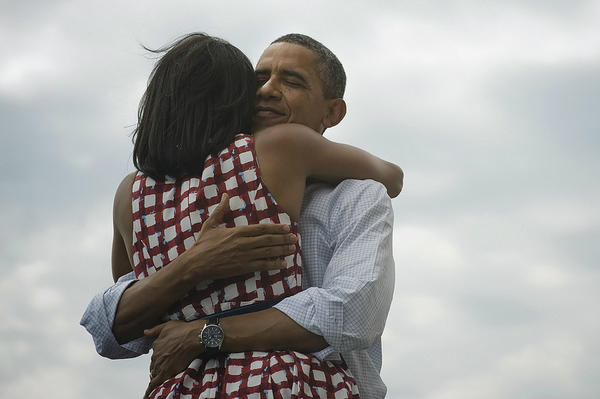As the month of December rolls along, you can expect more and more of these types of lists to pop up. It’s that time of the year for the year-in-review wrap-ups, and today it’s Yahoo that’s giving us some insight on top searches in 2012.
The top three Yahoo searches in 2012 come from three different realms: politics, tech, and pop culture. It shouldn’t surprise anyone that Yahoo users were most interested in the Elections, the iPhone 5, and Kim Kardashian (in that order). Yahoo says that in the 12 years that they’ve been doing the year-in-search list, this is only the third time that a “news” event has claimed the number one search volume slot. The other two were recent events, Michael Jackson’s death in 2009 and the BP oil spill in 2010.
Here’s the complete top ten list of 2012 Yahoo searches:
- Elections
- iPhone 5
- Kim Kardashian
- Kate Upton
- Kate Middleton
- Whitney Houston
- Olympics
- Political Polls
- Lindsay Lohan
- Jennifer Lopez
Bing recently unveiled their 2012 search stats and there’s quite a bit of similarity among the two lists. Over on Bing, Kim Kardashian was the most-searched person of the year, beating out Justin Bieber and Miley Cyrus. In the news stories category, the iPhone 5 took the crown beating out the 2012 Elections and the 2012 Olympics.
When you just look at gadget searches, it’s Apple all the way. In that category the iPhone 5 finished ahead of “iPad 3” and the “iPad mini.” The rest of the top ten gadget searches were the Samsung Galaxy S3, Kindle Fire, iPhone 4, Nook, iPod Touch, Samsung Galaxy Tab, and Samsung Galaxy Note.












![Halo 4 Release May Dampen Voter Turnout Among Gamers [POLL]](https://dev.webpronews.com/wp-content/uploads/2023/02/System76-Pangolin-Credit-System76-80x75.jpg)



